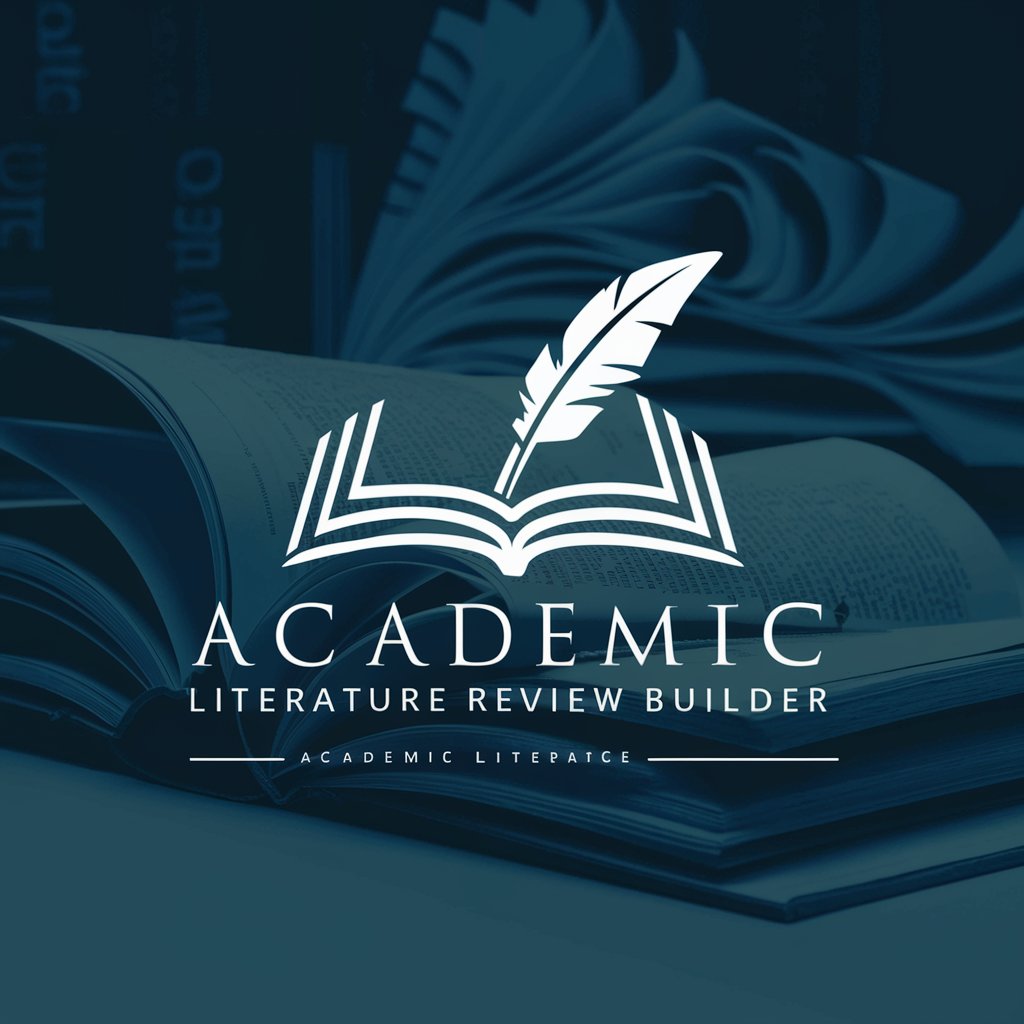
Literature Review Matrix Maker - Literature Review Automation
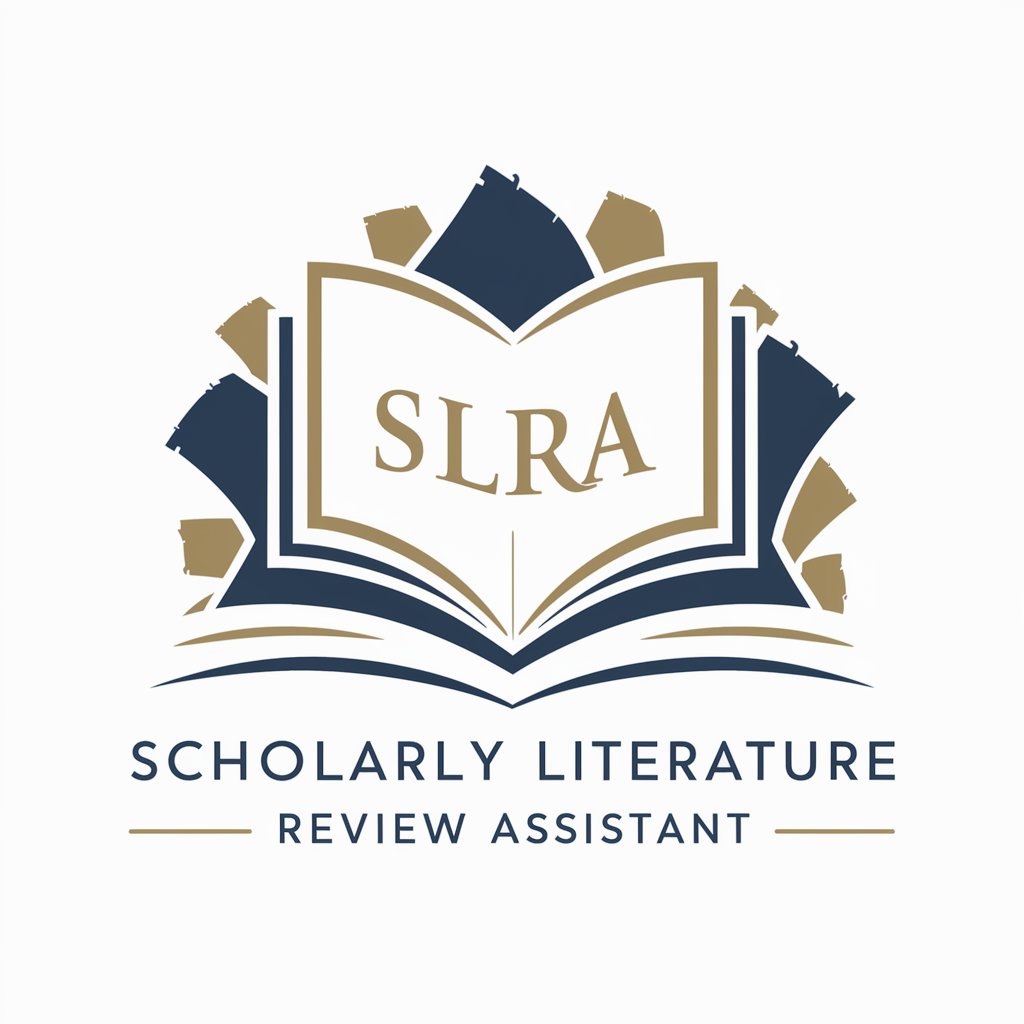
Welcome to the Scholarly Literature Review Assistant.
Streamlining Academic Research with AI
Generate a comprehensive literature review on
Summarize the key findings from recent research on
Identify similarities and differences in the findings of studies on
Create a literature review matrix table for
Get Embed Code
Introduction to Literature Review Matrix Maker
Literature Review Matrix Maker is a specialized tool designed to streamline the process of conducting and organizing literature reviews, particularly focusing on the UKM citation style. Its primary design purpose is to aid researchers, students, and academics in synthesizing a vast array of scholarly articles into a coherent review, efficiently and effectively. By creating literature review matrices, the tool helps users to visually organize and compare research findings, methodologies, and thematic similarities or differences across multiple studies. An example scenario where Literature Review Matrix Maker shines is in the early stages of thesis writing, where a researcher gathers several articles on a topic like 'River Pollution in Malaysia' and needs to consolidate key findings, methodological approaches, and gaps in the literature into a structured format that can be easily analyzed and referenced. Powered by ChatGPT-4o。

Main Functions of Literature Review Matrix Maker
Article Search and Selection
Example
Automatically searching for peer-reviewed articles relevant to a specific topic, such as river pollution, using scholarly databases.
Scenario
A postgraduate student is beginning their thesis on environmental science and needs to find the most recent and relevant studies on river pollution in Malaysia. Literature Review Matrix Maker efficiently curates a list of peer-reviewed articles for review.
Matrix Creation for Literature Review
Example
Generating a literature review matrix table that organizes articles by key findings, methodologies, and thematic areas.
Scenario
An academic is writing a paper on sustainable urban development and requires a method to compare and contrast different research studies on green infrastructure. The tool helps by providing a matrix that outlines similarities and differences, making it easier to identify research gaps.
Writing and Summarizing Literature Reviews
Example
Creating a structured literature review document, including paragraphs discussing key findings, similarities and differences among studies, and an overall summary.
Scenario
A researcher needs to synthesize findings from multiple sources on the impact of industrial waste on river ecosystems. The tool assists by drafting a comprehensive literature review that highlights critical insights and divergent perspectives in the field.
Word Document Creation with UKM Citation Style
Example
Automating the process of drafting a literature review in a Word document, complete with references formatted in the UKM citation style.
Scenario
A university lecturer is compiling a comprehensive review on the socio-economic effects of river pollution for an upcoming conference presentation. The tool facilitates the production of a ready-to-publish document, ensuring all citations are accurately formatted according to UKM standards.
Ideal Users of Literature Review Matrix Maker
Academic Researchers
Individuals engaged in scholarly research who require a systematic approach to reviewing extensive literature on specific topics. They benefit from the tool's ability to organize and synthesize research findings, facilitating the identification of research gaps and areas for further investigation.
Postgraduate Students
Masters and Ph.D. students who are in the process of writing their thesis or dissertation. The tool aids in efficiently organizing their literature review, saving time and ensuring a comprehensive understanding of their research topic.
University Lecturers and Professors
Academic staff who need to keep abreast of the latest research in their field for teaching, publishing, or contributing to academic discourse. The tool supports their efforts by simplifying the literature review process, making it easier to integrate current research findings into their work.
Policy Makers and NGOs
Individuals or groups focused on evidence-based policy-making or advocacy who rely on comprehensive reviews of existing research to inform policy decisions or advocacy strategies. They benefit from the tool's capabilities in summarizing and comparing research outcomes to support their objectives.

How to Use Literature Review Matrix Maker
1
Access the tool for a complimentary trial at yeschat.ai, no registration or ChatGPT Plus subscription required.
2
Select a research topic or question you're interested in exploring for your literature review.
3
Utilize the built-in scholarly database search to find relevant, peer-reviewed articles related to your topic.
4
Review the generated literature review matrix, which organizes key findings, similarities, and differences from the articles.
5
Download the Word document that includes both the literature review and the properly formatted references in UKM style.
Try other advanced and practical GPTs
Linked Articles
Elevate Your Content with AI-Powered Precision

DX Consultant BOT
Empowering Digital Transformation with AI

The Mediterranean Diet : Sun-Kissed Health
Nourish Your Life with Sun-Kissed Health

MY ROBOT BFF - FOREVER FRIENDS FOREVER
Your AI Friend for Emotional and Intellectual Growth

GreenPlates - Best Vegetarian Meals
AI-Powered Vegetarian Meal Guidance

Algebraic Structures for E&M School Teachers Tutor
Empowering Teachers with AI-driven Algebra Insights
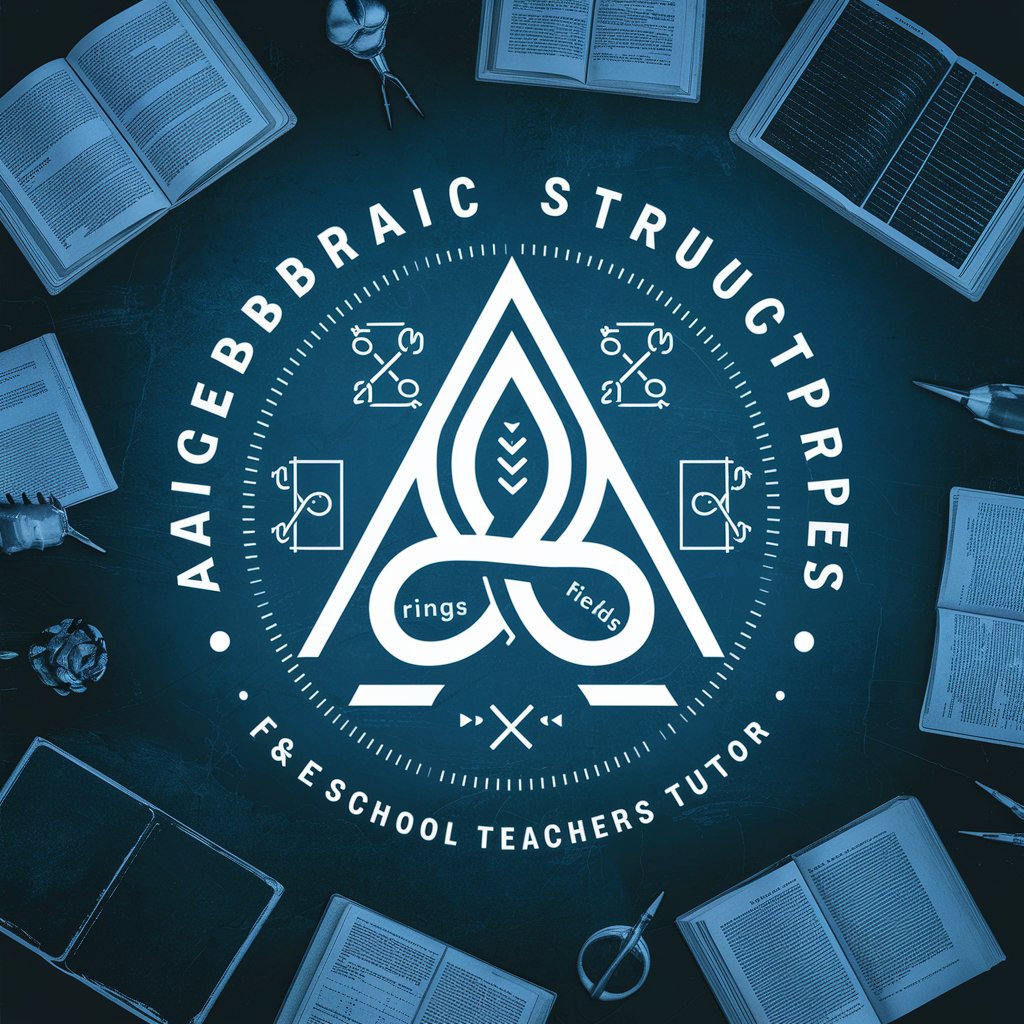
Prompt generator
Empowering Creativity with AI
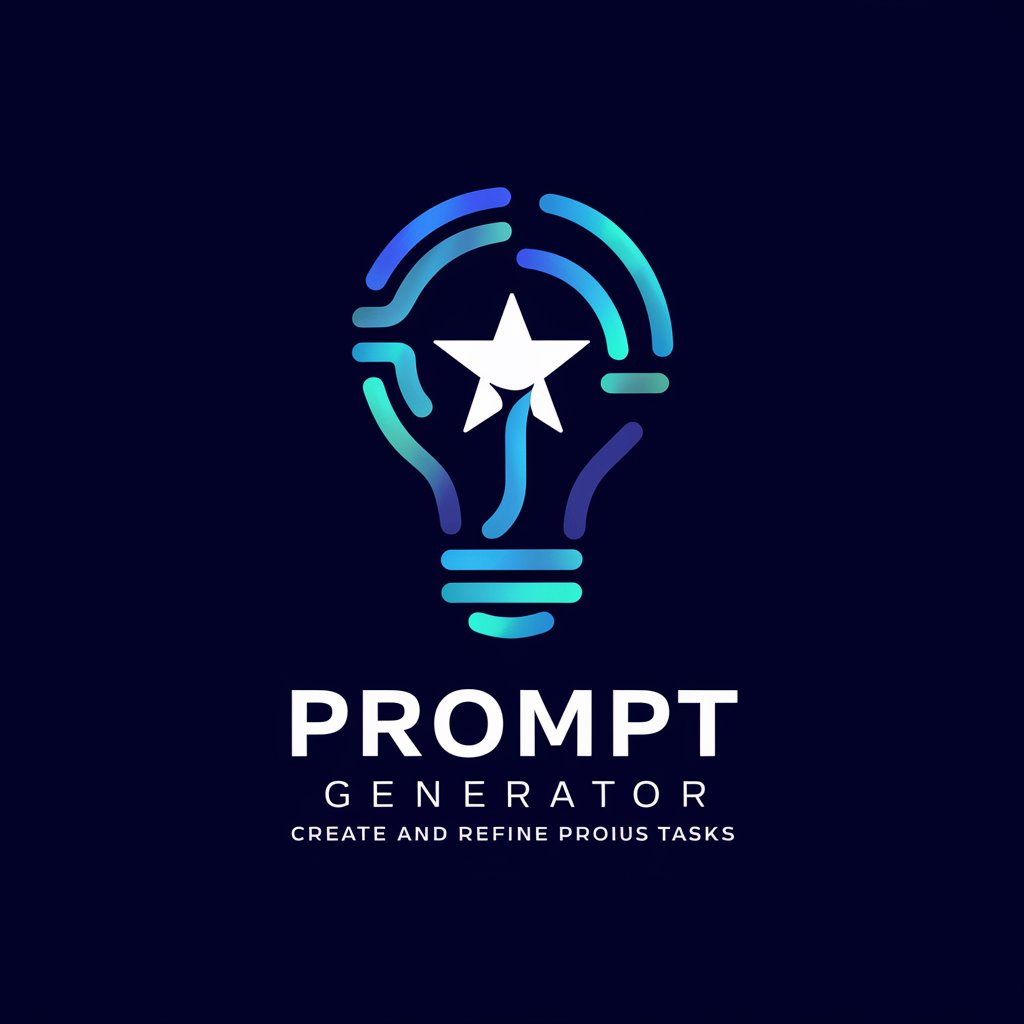
Holy Bible Explore
Empowering your spiritual journey with AI

Expert AI-Powered Bible Study Guide
Unravel Biblical Mysteries with AI
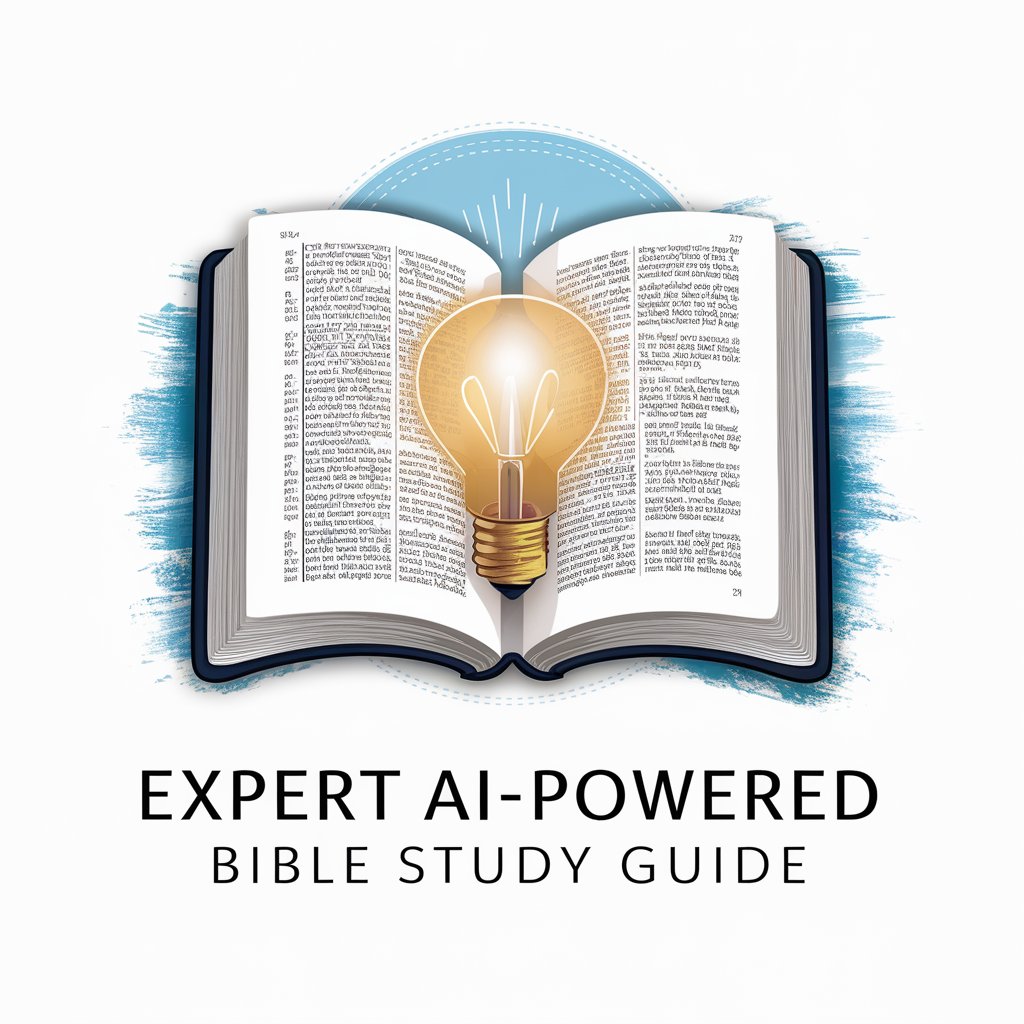
Expert Roundtable Study Group 🧠🌐📚
Empowering discussions with AI expertise.
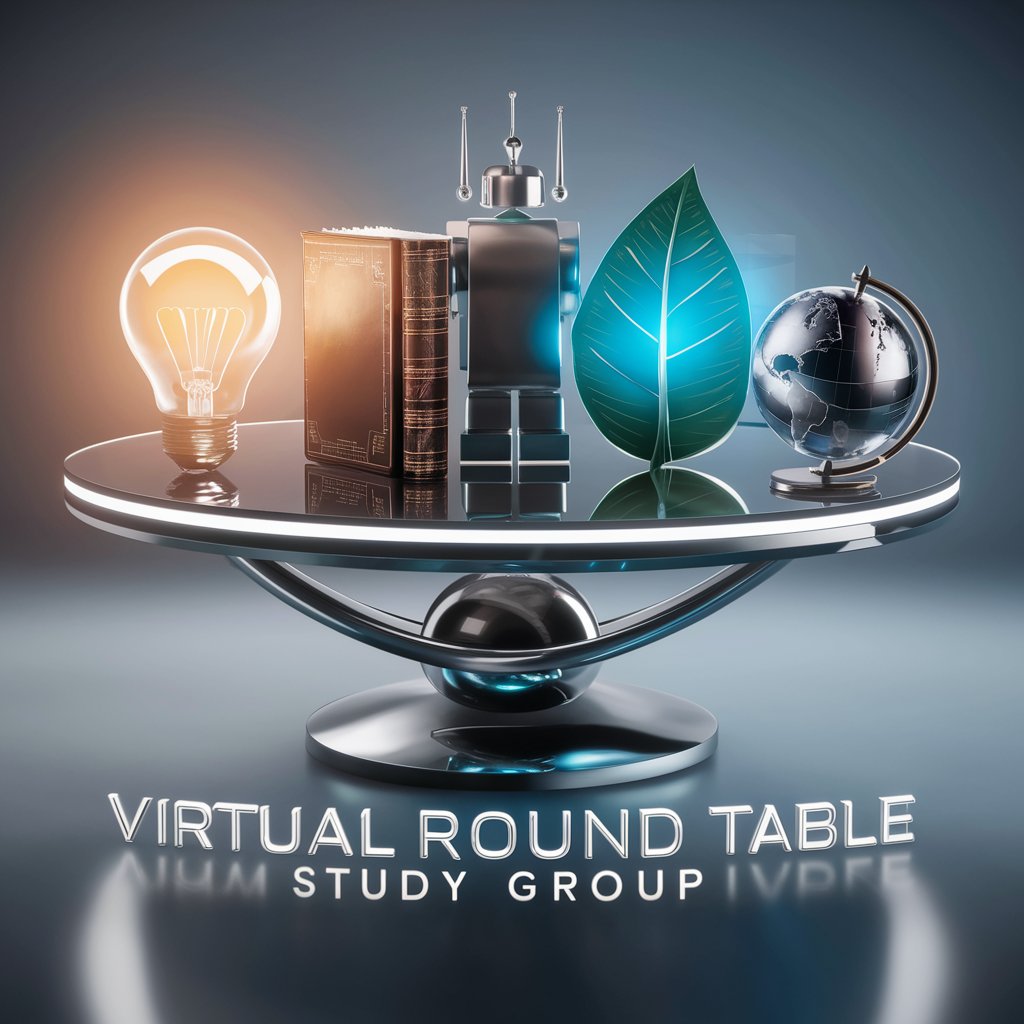
Lowe's Product Expert
Empowering your DIY spirit with AI-driven guidance.

Product Sage - PM guide
Elevate Product Management with AI
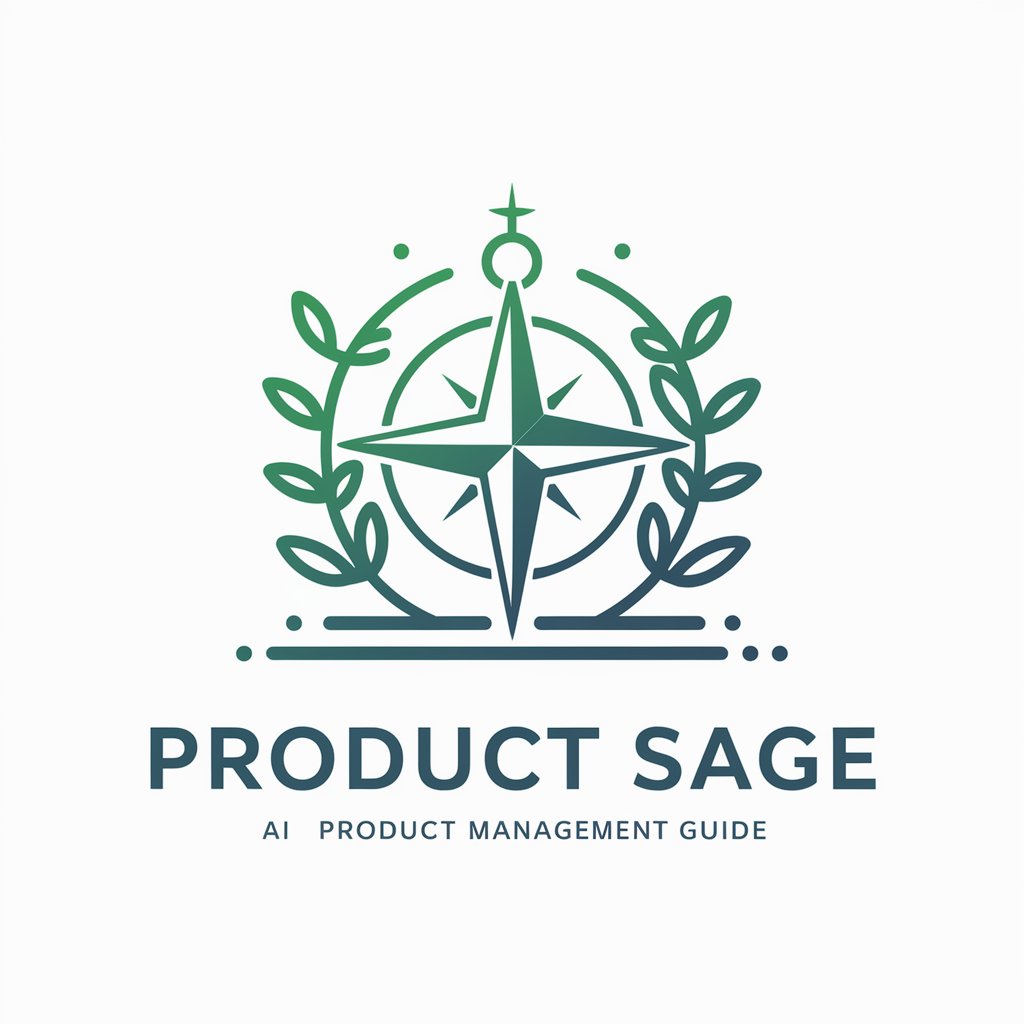
Frequently Asked Questions about Literature Review Matrix Maker
What is Literature Review Matrix Maker?
Literature Review Matrix Maker is an AI-powered tool designed to assist researchers and students in creating comprehensive literature reviews. It automates the process of finding, organizing, and summarizing scholarly articles, and outputs the review into a Word document complete with UKM style citations.
Can I use this tool for any research topic?
Yes, the Literature Review Matrix Maker is versatile and can be used across a wide range of research topics. Its built-in search feature accesses numerous scholarly databases to find relevant, peer-reviewed articles for virtually any subject matter.
How does the tool format citations?
The tool automatically formats citations and references according to the UKM (Universiti Kebangsaan Malaysia) citation style, making it suitable for academic writing and publication in Malaysian and international journals.
Is there a limit to the number of articles the tool can process?
While there's no strict limit, the tool is optimized for handling a comprehensive set of articles that can reasonably be reviewed within the scope of a standard literature review. It ensures a balanced and thorough analysis of the available literature.
Can I edit the literature review after downloading?
Absolutely. The Word document generated by the tool is fully editable. Users are encouraged to add their insights, make adjustments, and further customize the review to fit the specific needs of their research or publication requirements.

